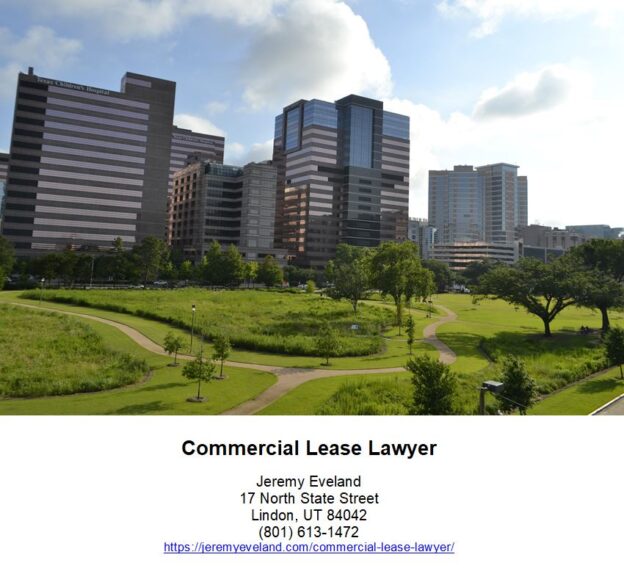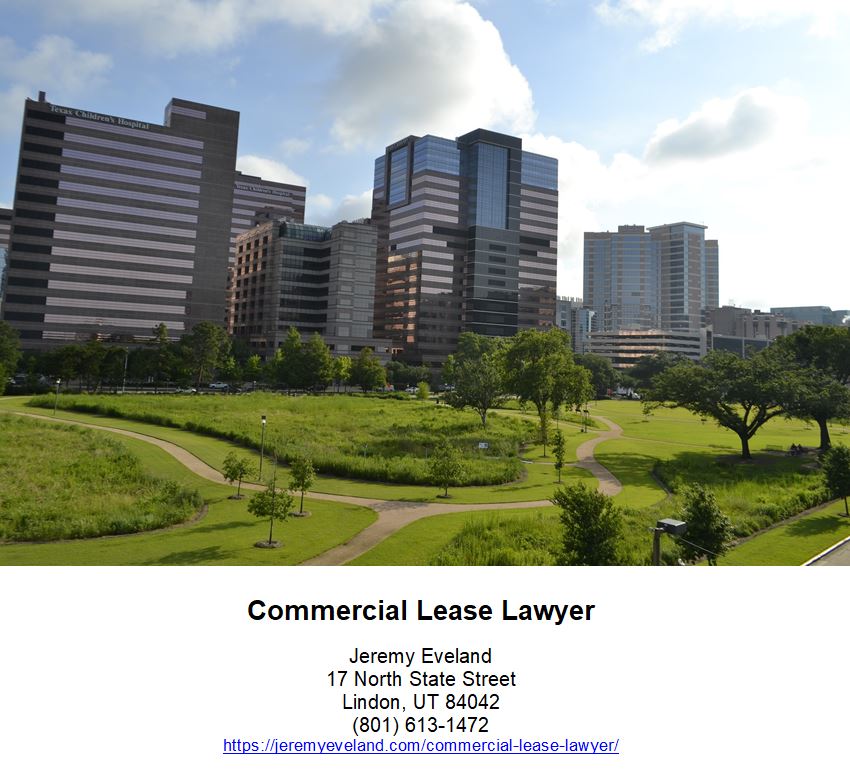Private International Law
Are you ready to navigate the complex web of private international law? Brace yourself for a comprehensive exploration of jurisdiction, choice of law, recognition and enforcement of foreign judgments, and more. In this digital age, where boundaries blur and disputes cross borders effortlessly, understanding the intricacies of international family law issues, arbitration, and cross-border insolvency is crucial. Get ready to dive into the world of private international law as we unravel its mysteries and guide you through its ever-changing landscape.
Key Takeaways
- Jurisdiction and choice of law principles are essential for fair resolutions in legal disputes.
- The recognition and enforcement of foreign judgments can be facilitated by the Hague Convention and court agreements between countries.
- Conflict of laws in contracts can be navigated through precise contractual provisions and legal advice.
- Private international law principles are crucial in resolving international family law issues, cross-border insolvency cases, international commercial litigation, and disputes arising from digital transactions.
Jurisdiction and Choice of Law
The court's jurisdiction and choice of law are crucial factors in determining the outcome of a private international law case. Private international law, also known as conflict of laws, deals with cases involving legal issues that have a foreign element. When faced with such cases, courts must first establish their jurisdiction over the matter. Jurisdiction refers to the power of a court to hear and decide a case. It determines whether a court has the authority to adjudicate on a particular dispute. Once jurisdiction is established, the next step is to determine which country's laws should apply to resolve the dispute – this is known as choice of law or applicable law. The choice of law rules vary from country to country and can be complex. Courts consider factors such as connecting factors (e.g., where the contract was formed or where an accident occurred) and public policy concerns when making their determination. The chosen law will govern issues such as contractual rights and obligations or tort liability, significantly impacting the outcome of the case. Therefore, understanding jurisdiction and choice of law principles is essential in private international law cases for ensuring fair and just resolutions.
Recognition and Enforcement of Foreign Judgments
Enforcing foreign judgments can be a complex process. When dealing with private international law, the recognition and enforcement of foreign judgments can pose significant challenges. Here are some key points to consider:
-
Recognition: Before enforcing a foreign judgment, it is important to determine whether the judgment will be recognized by the domestic court. This involves assessing whether the foreign court had jurisdiction over the case and whether proper procedures were followed.
-
Hague Convention: The Hague Convention on the Recognition and Enforcement of Foreign Judgments in Civil and Commercial Matters provides a framework for the recognition and enforcement of foreign judgments among member countries. It aims to facilitate cross-border legal cooperation, ensuring that judgments rendered in one country are recognized and enforced in another.
-
International Child Abduction: Recognition and enforcement of foreign judgments also play a crucial role in cases involving international child abduction. The Hague Convention on the Civil Aspects of International Child Abduction establishes procedures for returning children who have been wrongfully removed or retained across international borders.
In navigating the recognition and enforcement process, having a court agreement between countries can streamline proceedings. Such agreements often outline specific rules for recognizing and enforcing each other's judgments, providing clarity and reducing potential conflicts. However, it is essential to consult legal professionals familiar with private international law to ensure compliance with applicable rules and regulations.
Conflict of Laws in Contracts
Navigating the recognition and enforcement process in contracts can be complex. In private international law, the concept of conflict of laws arises when parties from different jurisdictions enter into contractual agreements. The choice of court and applicable law are crucial considerations to ensure smooth resolution of disputes.
When drafting a contract involving parties from different countries, it is important to carefully consider the choice of court clause. This clause determines which jurisdiction's courts will have jurisdiction over any disputes that may arise. By clearly specifying the chosen court, you can avoid potential conflicts and uncertainties in the event of litigation.
Additionally, determining the applicable law is equally important in contractual agreements. The choice of law clause establishes which country's laws will govern the interpretation and enforcement of the contract. This ensures predictability and consistency in resolving legal disputes.
However, conflicts may still arise when parties disagree on the choice of court or applicable law clauses. In such instances, courts apply conflict of laws rules to determine which jurisdiction's laws should prevail.
To effectively navigate these complexities, it is essential to seek legal advice and draft precise contractual provisions that address potential conflicts upfront. By doing so, you can minimize risks and ensure that your contracts are enforceable across different jurisdictions.
International Family Law Issues
When dealing with international family law issues, parties must consider the complexities that may arise due to differing legal systems and cultural norms. Private international law plays a crucial role in resolving disputes involving families across borders. Here are some key factors to keep in mind:
-
International Family Law Issues: International family law encompasses various matters such as divorce, child custody, adoption, and child abduction. Each of these issues can present unique challenges when parties from different countries are involved.
-
Private International Law: Also known as conflict of laws, private international law determines which country's laws should apply in cross-border cases. It helps establish jurisdiction and enforce judgments in family law matters.
-
Child's Best Interest: In international child custody cases, the primary consideration is the best interest of the child. Courts will analyze factors like parental capability, stability, and cultural environment to determine who should have authority over the child.
Navigating international family law issues requires a comprehensive understanding of private international law principles and their application in each case. By recognizing the importance of cultural differences and adapting to varying legal systems, you can ensure a fair resolution for all parties involved.
Transitioning into the next section about arbitration and alternative dispute resolution
Arbitration and Alternative Dispute Resolution
Arbitration and alternative dispute resolution can be effective methods for resolving international family law issues without going to court. Private international law, also known as conflict of laws, deals with legal disputes that involve foreign elements. In the context of international family law, this pertains to cases where parties from different countries are involved in matters such as divorce, child custody, and property division.
One important aspect of private international law is the Hague Convention on the Recognition and Enforcement of Foreign Arbitral Awards. This convention provides a framework for the recognition and enforcement of arbitration agreements and awards across different jurisdictions. By opting for arbitration or alternative dispute resolution mechanisms under this convention, parties can avoid lengthy court proceedings in multiple jurisdictions.
In order to better understand the benefits of arbitration and alternative dispute resolution in international family law cases, let's take a look at a comparison table:
| Arbitration | Alternative Dispute Resolution | Court Proceedings |
|---|---|---|
| Confidential | Flexible | Public |
| Parties have control over process | Parties actively participate | Judge makes final decision |
| Generally faster than court proceedings | Generally less formal than court proceedings | Formal procedures |
As you can see from the table above, both arbitration and alternative dispute resolution offer advantages over traditional court proceedings in terms of confidentiality, flexibility, party control over the process, active participation, speed, and formality. These methods can provide efficient solutions to complex cross-border family law disputes while preserving privacy and allowing parties to tailor their own resolutions.
Cross-Border Insolvency
Now that you have gained an understanding of arbitration and alternative dispute resolution, let's delve into the fascinating world of cross-border insolvency within the realm of private international law.
Cross-border insolvency refers to situations where a company or individual is insolvent in one country but has assets or creditors in multiple countries. Private international law plays a crucial role in resolving such complex cases, ensuring fair and efficient outcomes for all parties involved.
Here are three key aspects to consider when dealing with cross-border insolvency:
-
Choice of Court: Determining which court has jurisdiction over the case is essential. The applicable laws can vary depending on the country involved, making this decision critical for a successful resolution.
-
Judgment Recognition: Once a judgment is obtained in one country, it must be recognized and enforced in other jurisdictions where assets or creditors are located. This process can be intricate and requires adherence to specific legal procedures.
-
International Recovery: Cross-border insolvency often involves coordinating efforts between different countries' courts and stakeholders to recover assets and distribute them equitably among creditors.
International Commercial Litigation
If you want to resolve disputes in international commercial transactions, it is important to understand the complexities and challenges involved. Private international law plays a crucial role in dealing with such disputes. International commercial litigation refers to the process of resolving legal conflicts that arise between parties from different countries. In this context, private international law provides a framework for determining jurisdiction, choice of court agreements, recognition and enforcement of foreign judgments.
When engaging in cross-border business activities, it is essential to consider which contracting state's laws will govern the transaction. Parties often include choice of court agreements in their contracts to determine where any potential dispute will be resolved. These agreements are given significant weight by courts when deciding on jurisdiction.
In the event that a dispute arises and litigation becomes necessary, private international law also addresses issues related to enforcing foreign judgments. The recognition and enforcement of foreign judgments can be challenging due to differences in legal systems and procedures across jurisdictions.
Overall, understanding private international law is crucial for effectively navigating international commercial litigation. By considering the complexities involved and making informed decisions regarding choice of court agreements and jurisdictional matters, parties can minimize risks and ensure efficient resolution of disputes in cross-border transactions.
Private International Law in the Digital Age
In the digital age, parties involved in cross-border transactions must consider the implications of private international law on resolving disputes. Private international law is a branch of law that governs legal relationships between individuals or entities from different jurisdictions. It provides a framework for determining which country's laws apply to a particular case and how to enforce judgments across borders.
In this context, private international law plays a crucial role in addressing disputes arising from digital transactions. Here are three key considerations:
-
Jurisdiction: In an increasingly interconnected world, determining the jurisdiction where a dispute should be resolved can be complex. Private international law helps determine which country's courts have authority over a case based on factors such as location of parties, place of contract formation, or where harmful effects occurred.
-
Choice of Law: Digital transactions often involve parties from multiple jurisdictions with varying legal systems. Private international law assists in deciding which country's laws should govern the contractual relationship and resolve any conflicts that may arise.
-
Enforcement of Judgments: With cross-border transactions becoming more common, enforcing judgments obtained in one jurisdiction against assets located in another jurisdiction becomes challenging. Private international law provides mechanisms for recognition and enforcement of foreign judgments.
Frequently Asked Questions
What Are the Different Types of Jurisdiction and Choice of Law Clauses Commonly Used in International Contracts?
In international contracts, you commonly use jurisdiction clauses to determine which court has authority and choice of law clauses to decide which country's laws will govern the contract.
How Does the Recognition and Enforcement of Foreign Judgments Work in Cases Involving Multiple Jurisdictions?
When dealing with cases involving multiple jurisdictions, understanding how the recognition and enforcement of foreign judgments works is crucial. It allows you to navigate complex legal systems and ensure that justice is upheld across borders.
What Are the Key Principles Governing Conflict of Laws in International Contracts, and How Do They Affect the Parties Involved?
What if you enter into an international contract? The key principles governing conflict of laws determine which jurisdiction's laws will apply, affecting the rights and obligations of the parties involved.
What Are the Main Legal Considerations and Challenges in International Child Custody Disputes?
In international child custody disputes, you must navigate complex legal considerations and challenges. Understanding the laws of different countries involved, jurisdiction issues, and cultural differences can greatly impact the outcome of such cases.
How Does Arbitration Differ From Litigation in Resolving International Commercial Disputes, and What Are the Advantages and Disadvantages of Each?
Arbitration and litigation differ in resolving international commercial disputes. Arbitration offers flexibility, privacy, and expertise of arbitrators, but lacks formal discovery and appeals. Litigation provides public rulings and extensive remedies, but can be time-consuming and costly.
Areas We Serve
We serve individuals and businesses in the following locations:
Salt Lake City Utah
West Valley City Utah
Provo Utah
West Jordan Utah
Orem Utah
Sandy Utah
Ogden Utah
St. George Utah
Layton Utah
South Jordan Utah
Lehi Utah
Millcreek Utah
Taylorsville Utah
Logan Utah
Murray Utah
Draper Utah
Bountiful Utah
Riverton Utah
Herriman Utah
Spanish Fork Utah
Roy Utah
Pleasant Grove Utah
Kearns Utah
Tooele Utah
Cottonwood Heights Utah
Midvale Utah
Springville Utah
Eagle Mountain Utah
Cedar City Utah
Kaysville Utah
Clearfield Utah
Holladay Utah
American Fork Utah
Syracuse Utah
Saratoga Springs Utah
Magna Utah
Washington Utah
South Salt Lake Utah
Farmington Utah
Clinton Utah
North Salt Lake Utah
Payson Utah
North Ogden Utah
Brigham City Utah
Highland Utah
Centerville Utah
Hurricane Utah
South Ogden Utah
Heber Utah
West Haven Utah
Bluffdale Utah
Santaquin Utah
Smithfield Utah
Woods Cross Utah
Grantsville Utah
Lindon Utah
North Logan Utah
West Point Utah
Vernal Utah
Alpine Utah
Cedar Hills Utah
Pleasant View Utah
Mapleton Utah
Stansbury Par Utah
Washington Terrace Utah
Riverdale Utah
Hooper Utah
Tremonton Utah
Ivins Utah
Park City Utah
Price Utah
Hyrum Utah
Summit Park Utah
Salem Utah
Richfield Utah
Santa Clara Utah
Providence Utah
South Weber Utah
Vineyard Utah
Ephraim Utah
Roosevelt Utah
Farr West Utah
Plain City Utah
Nibley Utah
Enoch Utah
Harrisville Utah
Snyderville Utah
Fruit Heights Utah
Nephi Utah
White City Utah
West Bountiful Utah
Sunset Utah
Moab Utah
Midway Utah
Perry Utah
Kanab Utah
Hyde Park Utah
Silver Summit Utah
La Verkin Utah
Morgan Utah
International Business Lawyer Consultation
When you need help from an attorney for business internationally, call Jeremy D. Eveland, MBA, JD (801) 613-1472 for a consultation.
Jeremy Eveland
17 North State Street
Lindon UT 84042
(801) 613-1472
Related Posts
Mastering Business Law: Key Essentials For Success
Business Lawyer Centerville Utah
Shareholder Agreements in Utah
Business Lawyer Hurricane Utah
Business Lawyer South Ogden Utah
Last Will and Testament Lawyer
Business Lawyer Heber City Utah
Business Lawyer Hurricane Utah
Business Lawyer West Haven Utah
Do I Need A License To Start A Business?
Business Lawyer Bluffdale Utah
Business Lawyer Santaquin Utah
Legal Implications of Cryptocurrency in Business Transactions
Business Lawyer Smithfield Utah
Structuring A Flow Through Entity
Business Lawyer Woods Cross Utah
Business Lawyer Grantsville Utah
Structuring Turn Around Investments
Business Lawyer North Logan Utah
How Many Types of Business Law Are There?



